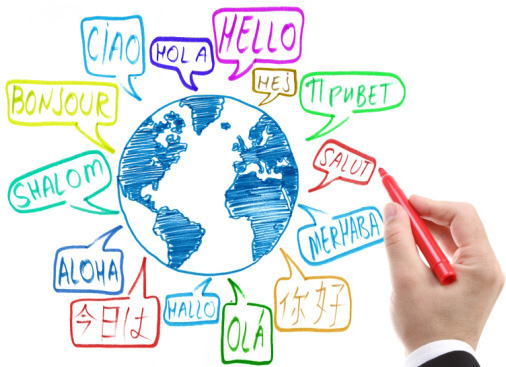Cultural Sensitivity: It Is Time We Address It
Liu? Lui? Louie? The correct way to pronounce my last name has always been a mystery for my peers. I always smile and correct them, and then we laugh about the way they butchered it and move on. I take no offense. The second tone is very hard for non-Chinese speakers, so I understand. What I do not understand is why some people will not even try to make it sound relatively similar. In my opinion, it never hurts to try, especially when the recipient will not judge you for making an honest mistake. However, some people do not get that and instead ask me to turn my name into an American tone so it is easier for them to pronounce.
Like it or not, the issue of cultural insensitivity has existed in this community for a while. People, “nice” people, have been acting in a way that can be perceived as micro-aggression. Many would refuse to recognize this problem or would simply call it something other than “micro-aggression”. It is time to realize these incidents are more borderline racism than just a situation that causes distress, especially if it can be categorized as a recurring event.
Cultural insensitivity is the lack of awareness and acceptance of the diversity of cultures that surround us. With the fast development of communication tools, many more aspects of different cultures have come into our lives. We find ourselves in a situation where we are unsure of ways we should regard these novel things. Sometimes our intentions are good, but we end up offending the recipient. Should we be held accountable for what we do? I believe so. It does not matter what our intentions are; the damage is done. It is like hammering nails into wood; even if you pull the nail out, the hole is there. That is what cultural insensitive comments do to people.
Have you ever faced a situation where you are so uncomfortable because of something someone in a group has said, but you cannot address it because you are not sure how they would receive it? Maybe because you are afraid of losing friends, or because you are afraid of being targeted afterwards, you chose not to speak up. Well my friend, do not. It is not your fault that others do not understand part of your culture; it is not your responsibility to educate them on said matter. However, only you can defend yourself, and you should do so. Because if you do not, there is a chance that no one else will. Be proud of your culture because the diversity in these cultures is what makes the world vibrant and a better place. Do not make excuses for people who demonstrated cultural insensitivity. Do not say that it is because they did not mean it and just let go of it. If they did mean it, it would be racism, homophobia, sexism and all the “ism”s you can think of. It is time to stand up for ourselves and hold people accountable for their actions.
Currently, there is a lot of tension when it comes to issues regarding cultural appropriation. A common belief on one side is that because of freedom of speech, people should be allowed to speak their minds whether or not it is appropriate; the other side strongly stands by the idea that because it is rude, insensitive and downright disrespectful, people should not be allowed to use slurs and other forms of expression that are meant as an insult to a cultural group. The word “appropriation” is what I believe to be the guideline that we should follow. It cannot just be considered appropriate for one party; everyone present should feel relatively comfortable with the things that you are saying. Think in another person’s perspective, and that way you will know if what you are saying is not culturally acceptable or insensitive. Do not be that one person who is always pushing others’ buttons; at the same time, do not be a person who never speaks up for themselves due to the fear of losing friends. Sometimes you do not need that friend.
– Danielle Liu ’22


